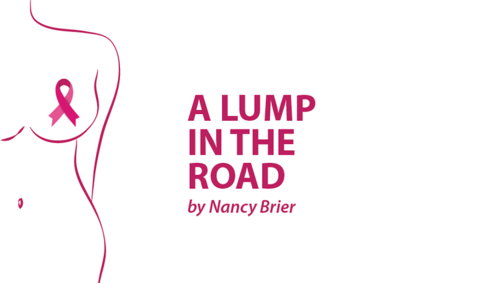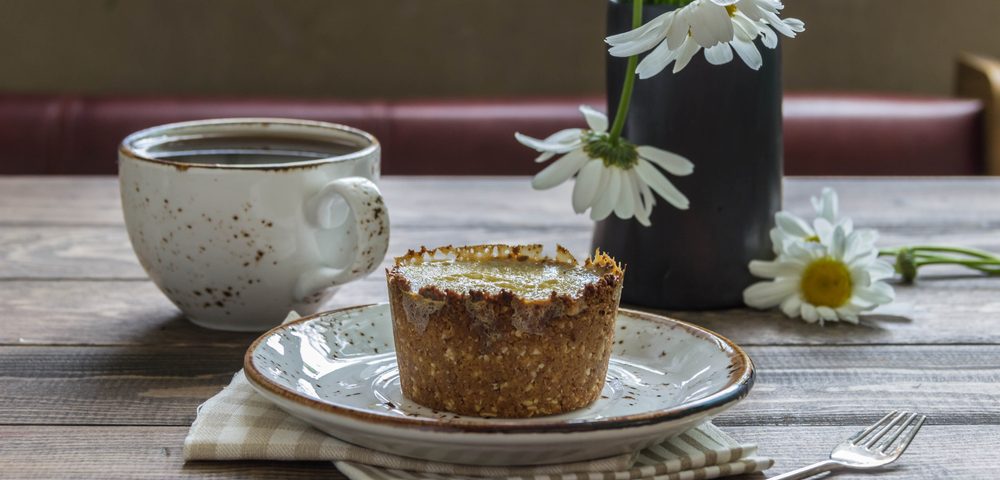
When a doctor told me I’d be dead in three months, maybe six, I started to see the world in a different way.
My husband and I drove home mostly in silence from that bleak office visit. That oncologist, the only one who agreed to see me in the immediate chaos of the new healthcare law, required $300 cash for his expertise. “You might get lucky and wind up with a Frankenboob,” he said. I remember wanting a refund.
The next morning, I made tea and wandered upstairs where our daughter slept in a room as beautiful as any in a glossy magazine. Her pink comforter blossomed with flowers and butterflies. Pastel curtains blocked sunlight from seven windows. Our restoration project, years of painstaking work, rewarded me every time I walked into that space. It was one of my favorite rooms in our century-old home.
Every day, mourning doves cooed my daughter awake. That morning with tea in hand, I listened, too, my senses alert to the rhythmic low notes, the mournful but life-affirming call of the doves. I knew they were etching a memory on my daughter’s soul and that, fifty years from now, when she hears that sound again, she’ll be transported to her storybook childhood in our tiny town and the loving security of that space.
But how would she fare without me?
Some religions advocate a great ah-ha moment; a single instant of being born again, a life-changing before and after moment. For me, faith is more like an aging bottle of wine. Sometimes it tastes distinctly of vinegar, other times it pops with flavor, its impact lingering and powerful. Most of the time, though, it’s just there — part of the tapestry of life.
Watching my daughter transition into the new day, I knew I needed faith to get me through whatever was to come. I sat in the silence with the doves and my sleeping child and prayed for peace. I willed myself to let it be.
Two weeks later, my husband and I saw another doctor. “We can cure you,” Dr. Gregory Vidal said at Stanford Hospital. “Go home and pack a bag.” That moment set in motion a whirlwind of driving, overnights in hotels, and a bewildering world of medicine.
The day after chemo treatments, we usually stayed in San Francisco before our long drive home. While we were there, my husband and I sometimes walked to a steakhouse called Izzy’s on Steiner Street. Tucked into a booth, I’d look at the line up of condiments covering every horizontal surface in sight. Gary would order a steak or drunken shrimp, and I’d pick at a baked potato.
By our second visit to that restaurant, my hair was gone and I was suddenly skinny enough to wear my favorite jeans. My husband and I floated in a bubble of despair and hope. Faith was in there, too, a silvery thread made of light and shadow and everything in between.
This weekend, three years after our first Izzy’s visit, my family took a vacation. Our hope was to travel up the California coast in an RV, to visit old friends and see new places. No longer skinny enough to wear those jeans, I stuffed myself into a skirt that’s a little too tight and vowed to monitor my calorie intake. But car trouble changed our travel plans, and we found ourselves in San Francisco. “Let’s go to Izzy’s,” my husband suggested.
The three of us walked in the door, and the host showed us to the very booth that Gary and I had sat so many times wondering what our future would hold. Here I was again, three years later, sporting a full head of hair and a hearty appetite. I’m not sick and our future looks bright. What a difference. Overcome, I shared my joy with the host.
Clasping his hands, I told him my story, and instead of acting mystified at my effusive babbling, he shared that he, too, had faced a major health challenge. “I’m Edwin,” he said. I felt an instant connection between us, an unspoken appreciation of survival. After dinner, dessert mysteriously arrived at our table, a gift from Edwin.
Key lime pie is a once-a-year treat, its flavors subtle and its texture heavy. It’s a study in contrasts and perfect for celebration. But when you’re sharing one piece of pie among three enthusiastic people, it’s also precious and small no matter how generous the slice. Anyone who’s shared a desert with my family knows that to get your share, you have to act fast.
Faith is the persistence of hope. It’s holding onto a snowflake and knowing that even if it melts, it will one day snow again. That night, faith for me was the random consequence of disastrous car trouble, an empty plate with three forks, and the extraordinary kindness of a stranger named Edwin.
***
Note: Breast Cancer News is strictly a news and information website about the disease. It does not provide medical advice, diagnosis, or treatment. This content is not intended to be a substitute for professional medical advice, diagnosis, or treatment. Always seek the advice of your physician or other qualified health provider with any questions you may have regarding a medical condition. Never disregard professional medical advice or delay in seeking it because of something you have read on this website. The opinions expressed in this column are not those of Breast Cancer News, or its parent company, BioNews Services, and are intended to spark discussion about issues pertaining to breast cancer.


Wow…that was beautifully written. Thanks for sharing. 💟
I am a 38 year retired USAFR military vet, it made tears come to my eyes. I can understate as my wife and I are living thru TNBC. We have hope, love and faith.